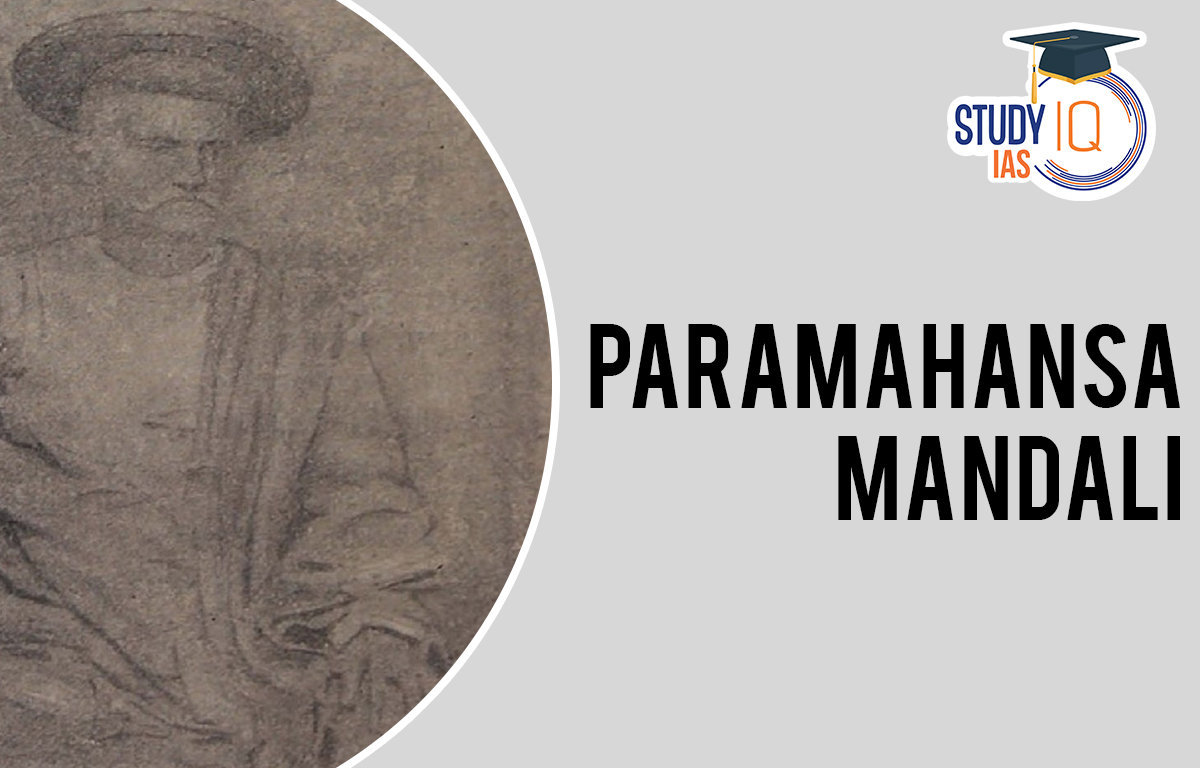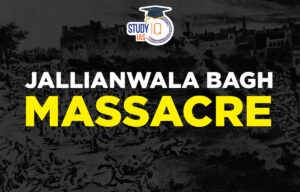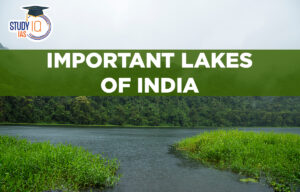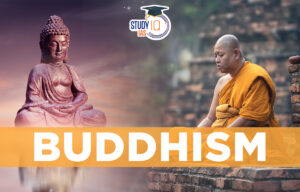Table of Contents
Paramahansa Mandali
Dadoba Pandurang, Mehtaji Durgaram, and others established the Paramahansa Mandali in Maharashtra in 1849. Its founders had a single-god belief and were primarily motivated by caste restrictions. Members ate food prepared by members of low castes during its sessions.
Dadoba outlined seven guiding principles for this new movement in his book Dharma Vivechan: God alone should be worshipped; genuine religion is based on love and moral behaviour; spiritual religion is one; every person should have the right to free thought; our actions and speech should be consistent with reason; there is only one caste of people; and the proper knowledge should be made available to all.
These precepts rejected the caste system, the polytheism of mainstream Hinduism, and the Brahmanical monopoly of knowledge. All participants had to swear to forgo caste distinctions and to eat and drink only when prepared by someone from a lower caste.
In secret, the Paramahansa Mandali gathered. Its insistence on maintaining its secrecy revealed a reluctance to openly question Hindu religion. Brahmans from Maharashtra who were educated and young joined the Mandali, but the movement disintegrated after 1860.
Read about: Panchayati Raj
Paramahansa Mandali History
The Manav Dharma Sabha’s ideology and that of the community were closely related. The group asserted that true religion was founded on love and moral behaviour in addition to its belief that only one god should be worshipped. It was encouraged to think freely and to be rational. They were mostly concerned with disobeying caste laws.
Members ate meals prepared by members of lower castes at their gatherings. These mandals supported women’s education and widow remarriage as well. There were Paramahansa Mandali branches in Poona, Satara, and other Maharashtrian cities.
Paramahansa Mandali Principles
In “Dharma Vivechan” in 1848, Dadoba Pandurang, who was initially affiliated with the Manav Dharma Sabha, outlined certain guiding principles for this. He again established some guidelines known as “Paramhansik Brahmyadharma” when he left and took over the Paramahansa Mandali, and they were as follows:
- Worship should be limited to God alone.
- Love and morality serve as the foundation of true religion.
- Everyone should receive the proper education in an equal manner.
- There is just one caste of humanity.
- Reason should be the foundation of our words and deeds.
- Thought freedom should be guaranteed to every person.
- There is only one form of spirituality.
The first socioreligious organisation in Maharashtra, it was founded in 1849. The founders of these Mandali believed in monotheism, which states that there is only one good that needs to be worshipped. They were primarily concerned with breaching and disregarding the caste laws, which they regarded as being unjust and inhumane. The members ate meals made by people from lower castes as a result, which was in line with their views, during their meetings. The Mandali promoted women’s education and widow remarriage.
Read about: Districts of India
Paramahansa Mandali Aim
The aim behind the formation of the Paramhans Mandali was the eradication of the caste system. In 1840, it was established in the formerly named city of Bombay.
Read about: Pitt’s India Act 1784
Paramahansa Mandali and Durgaram Mehta
Popularly known as Durgaram Mehta or Durgaram Mehtaji, Durgaram Manchharam Dave (1809–1876), a Gujarati social reformer, essayist, diarist, and teacher from British India. He pioneered social reform initiatives in Gujarat by founding the Manav Dharma Sabha, the state’s first reform organization, in Surat in 1844 with the help of his associates.
He kept minutes of the Manav Dharma Sabha’s proceedings and added his thoughts and viewpoints to them, making him the first author of Gujarati literature to use autobiographical writing.
Read about: Mahajanapadas
Paramahansa Mandali and Dadoba Pandurang
A social reformer and linguist from Bombay, Dadoba Pandurang (Tarkhadkar) lived in Pune, Maharashtra, British India, from 9 May 1814 to 17 October 1882. He was born into a Maharashtrian Vaishya family and given the surname Tarkhadkar, although he never used it. He wrote a great deal about religion and social reform, opposing caste and ritual, and advocating widow remarriage and women’s education.
Read about: Fiscal Policy
Paramahansa Mandali UPSC
The Manav Dharma Sabha, which was started in Surat in 1844, and the Paramahansa Mandali, a covert socio-religious organisation, were both founded in 1849, respectively, in Bombay. It was Maharashtra’s first socially and religiously significant institution.
Read More: Education System in British India


 Jallianwala Bagh Massacre, Date, History...
Jallianwala Bagh Massacre, Date, History...
 Important Lakes of India, State wise and...
Important Lakes of India, State wise and...
 Buddhism History, Origin, Sect, Councils...
Buddhism History, Origin, Sect, Councils...





















